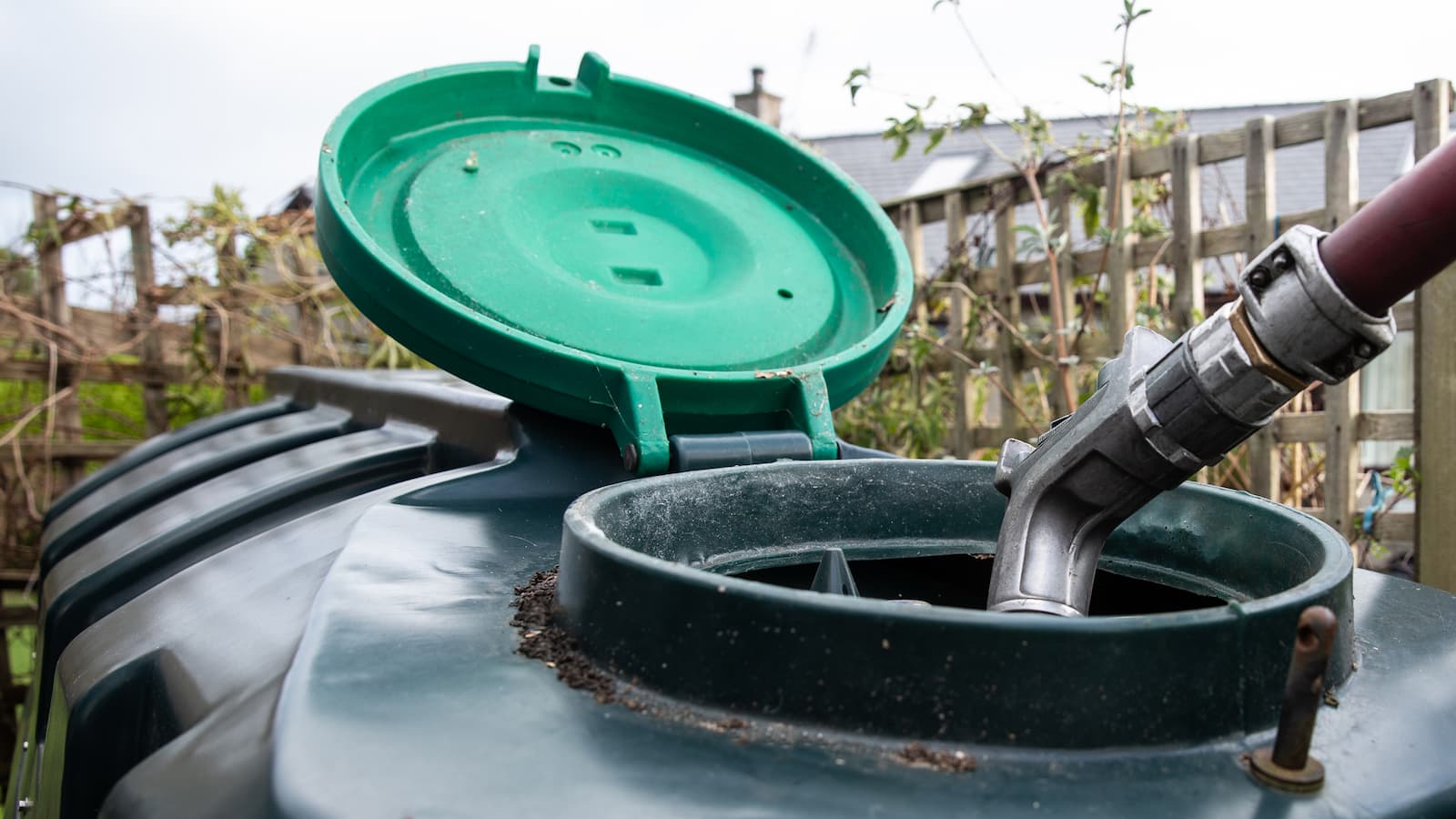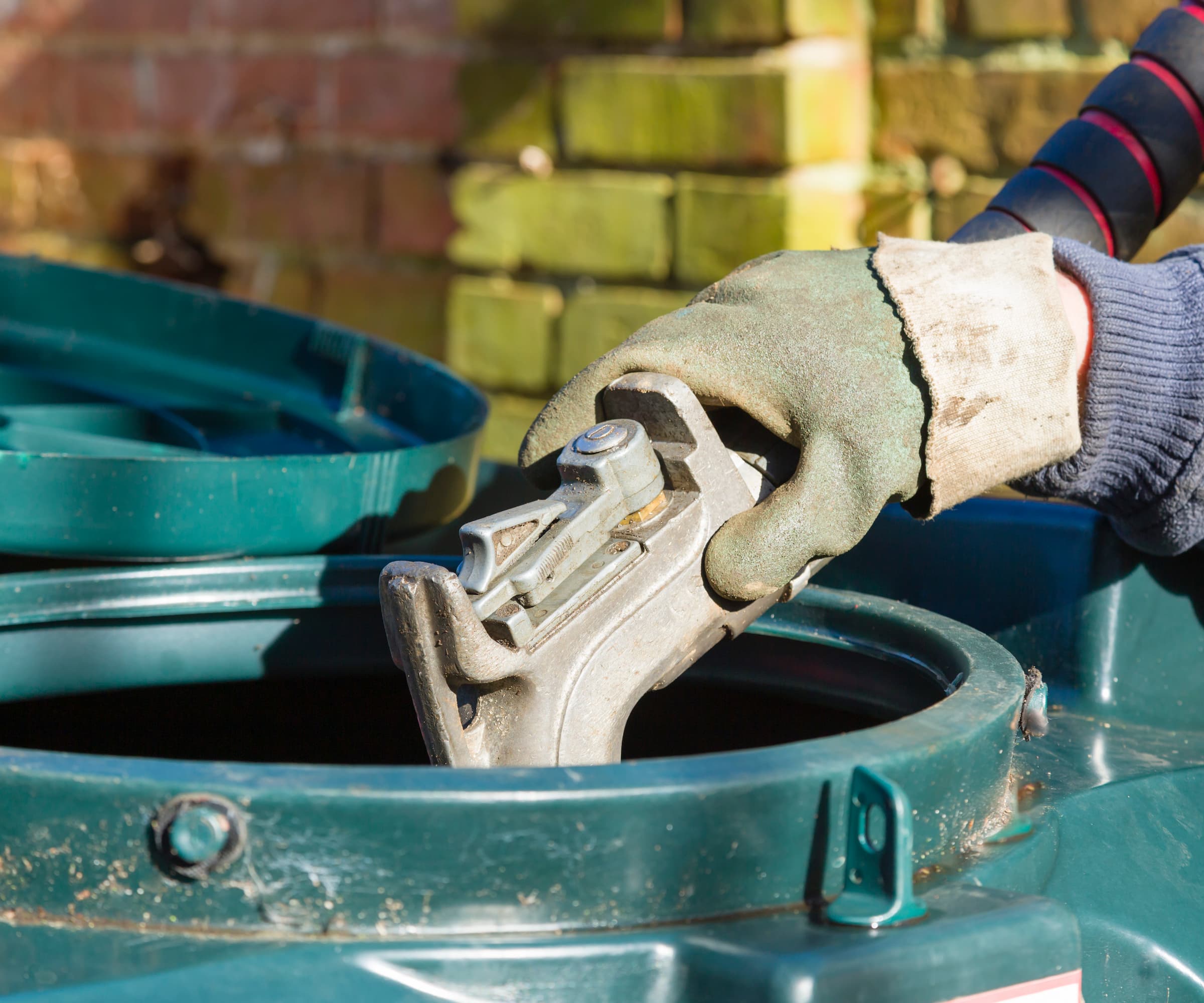'Households on oil heating have enjoyed the lowest heating costs over the past four years' according to latest research
Independent researchers have studied average heating costs for a three-bedroom home and found oil provided cheapest running costs since June 2020

Bring your dream home to life with expert advice, how to guides and design inspiration. Sign up for our newsletter and get two free tickets to a Homebuilding & Renovating Show near you.
You are now subscribed
Your newsletter sign-up was successful
Liquid fuel boilers, more specifically oil condensing boilers, have provided the cheapest form of home heating, over the last four years, according to independent research.
Researchers into domestic heating costs, Sutherland Tables, assessed the average costs for the main forms of heating for homes and found liquid fuel boilers came out lowest for costs since 2020.
We look at the results of the research, how oil boilers compared to other types of boilers and heating methods, but also consider the negatives of using liquid fuel boilers.
Figures 'dispel the myth that liquid fuel heating is an expensive option'
The independent findings, published by the Sutherland Tables, compare the annual costs of space and water heating technologies for an average three-bedroom semi-detached home.
The latest data for Great Britain shows that from June 2020 to June 2024, the average yearly running cost for a condensing liquid fuel boiler was £1,231. In comparison, other off-mains solutions such as Liquefied Petroleum Gas (LPG) boilers were 31% more expensive at £1,620, while electric storage heaters cost more than twice as much at £2,866.
Oil condensing boilers also proved to be slightly cheaper heating costs than gas condensing boilers, which averaged £1,283, and provided less expensive running costs than renewable options like wood pellets or heat pumps.
Malcolm Farrow, head of public affairs at OFTEC (Oil Firing Technical Association), a UK not for profit trade organisation, commented: “These new figures will be welcome news for the 1.7 million UK homes that rely on liquid fuel for their heating, particularly at a time when we have all experienced a squeeze on household spending.
Bring your dream home to life with expert advice, how to guides and design inspiration. Sign up for our newsletter and get two free tickets to a Homebuilding & Renovating Show near you.
"Like all energy prices, liquid fuel was not immune to price fluctuations due to the Covid pandemic and the war in Ukraine. However, the four-year average dispels the myth that liquid fuel heating is an expensive option. Prices are also expected to stay competitive with other fuels over the coming months.”
(While the data forms a good basis for fuel price comparison, it must be noted that heating costs are impacted by many factors. The heating demands of a well-insulated home, for instance, may differ quite significantly to those an old home without much in the way of insulation.)
Why have oil boilers been cheaper to run since 2020?
Liquid fuel boilers using kerosene will produce a significant amount of heat per unit of fuel and so fuel consumption is relatively low when compared to other forms of energy supply.
Fuel supplies can also be kept in large tanks on the property meaning fuel can be bought in bulk often creating extra savings.
In addition, the spiralling cost of gas and electricity over the period has no doubt impacted findings. Electricity costs saw record highs of £580.55 per Mwh in September 2022 and gas costs rose to £800 per therm in March 2022, according to international energy price reviewers Trading Economics.

What are the negatives to liquid fuel boilers and can these be solved?
Despite providing financial benefits over recent years, liquid fuel boilers reliant on kerosene are environmentally damaging.
They produce high levels of carbon dioxide and other greenhouse gases compared to cleaner energy sources such as heat pumps.
Liquid fuel boilers also emit pollutants such as nitrogen oxides (NOx) and sulfur dioxide – although oil boilers sold after autumn 2018 are required to be 'low NOx' – bringing risks to air quality. Plus, issues with old oil tanks may result in fuel leaks which can lead to soil and water contamination.
These concerns have led to the development of other liquid fuel supplies that can remove these drawbacks whilst keeping prices low.
Hydrotreated Vegetable Oil (HVO), a renewable liquid fuel, for instance, has been tested in nearly 150 properties over the past two years, achieving an 88% reduction in emissions with minor boiler modifications.
Malcolm stated: “Whilst households on oil heating have enjoyed the lowest heating costs over the past four years, we must recognise the need to transition these properties onto a lower carbon alternative to support the UK’s net zero commitments.
“Heat pumps are an excellent solution for some properties but, for others, renewable liquid fuels may offer a more pragmatic and realistic choice.
"And, if the government corrects the current fuel duty disparity and implements a fuel obligation, options such as HVO can provide a long term, affordable solution for decarbonising buildings in the off-grid sector that currently rely on traditional oil heating.”

News Editor Joseph has previously written for Today’s Media and Chambers & Partners, focusing on news for conveyancers and industry professionals. Joseph has just started his own self build project, building his own home on his family’s farm with planning permission for a timber frame, three-bedroom house in a one-acre field. The foundation work has already begun and he hopes to have the home built in the next year. Prior to this he renovated his family's home as well as doing several DIY projects, including installing a shower, building sheds, and livestock fences and shelters for the farm’s animals. Outside of homebuilding, Joseph loves rugby and has written for Rugby World, the world’s largest rugby magazine.
